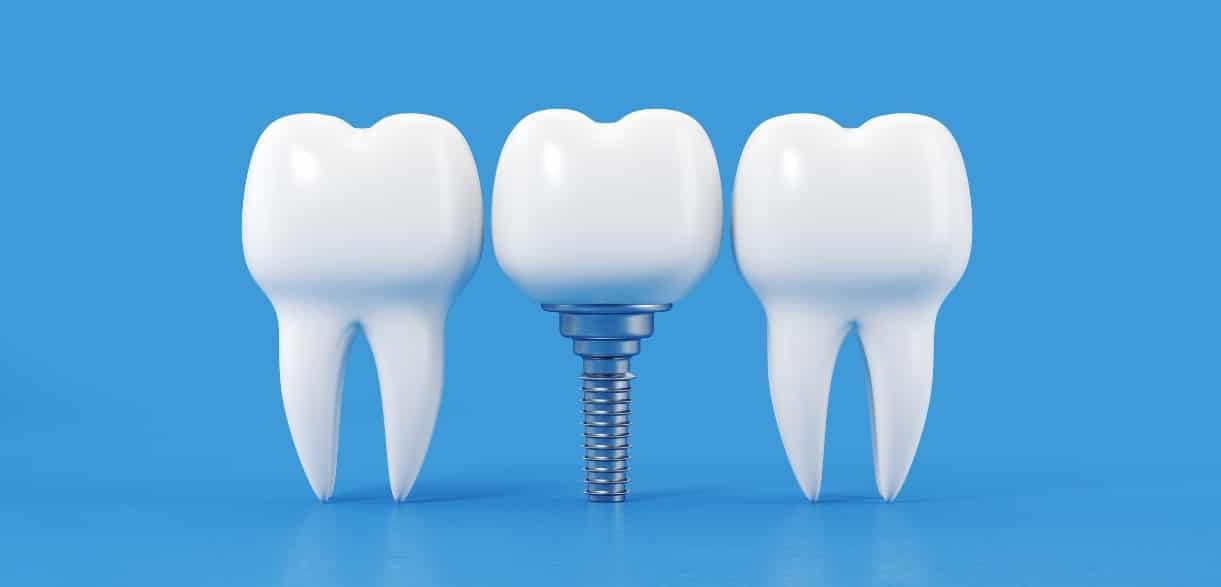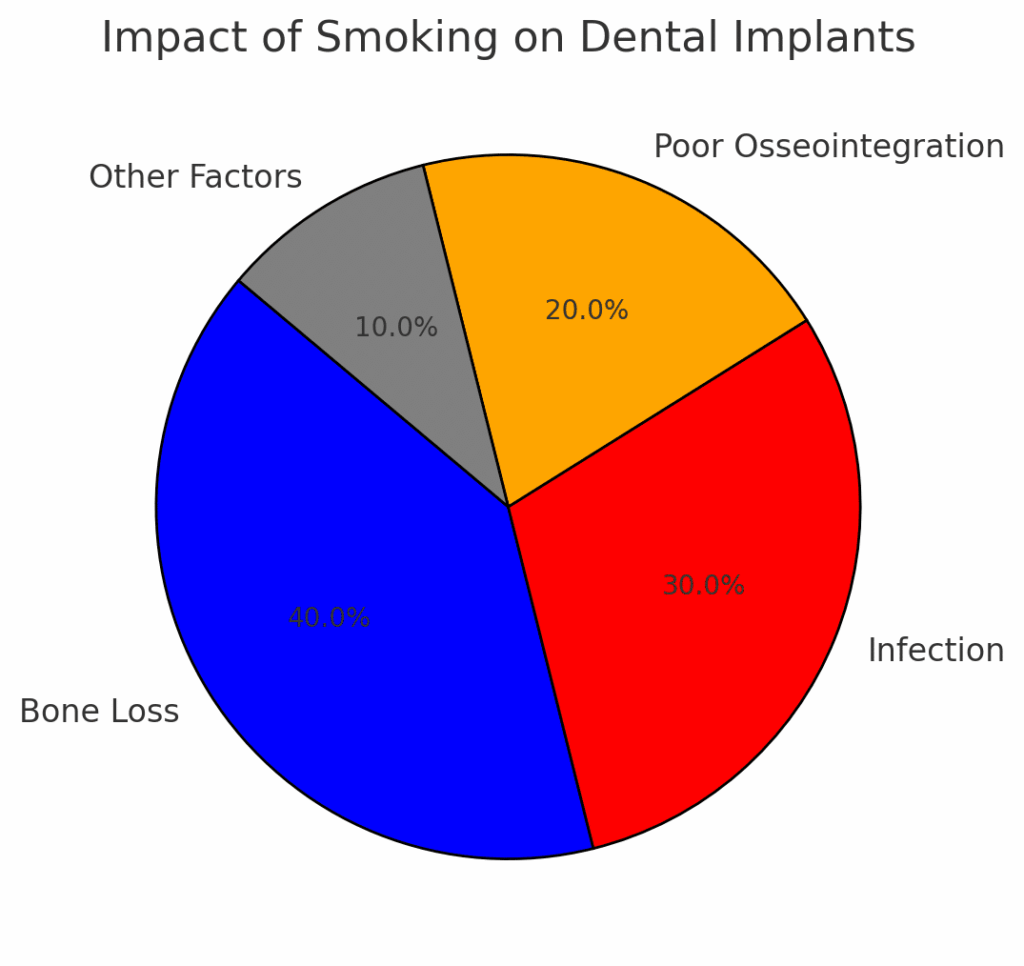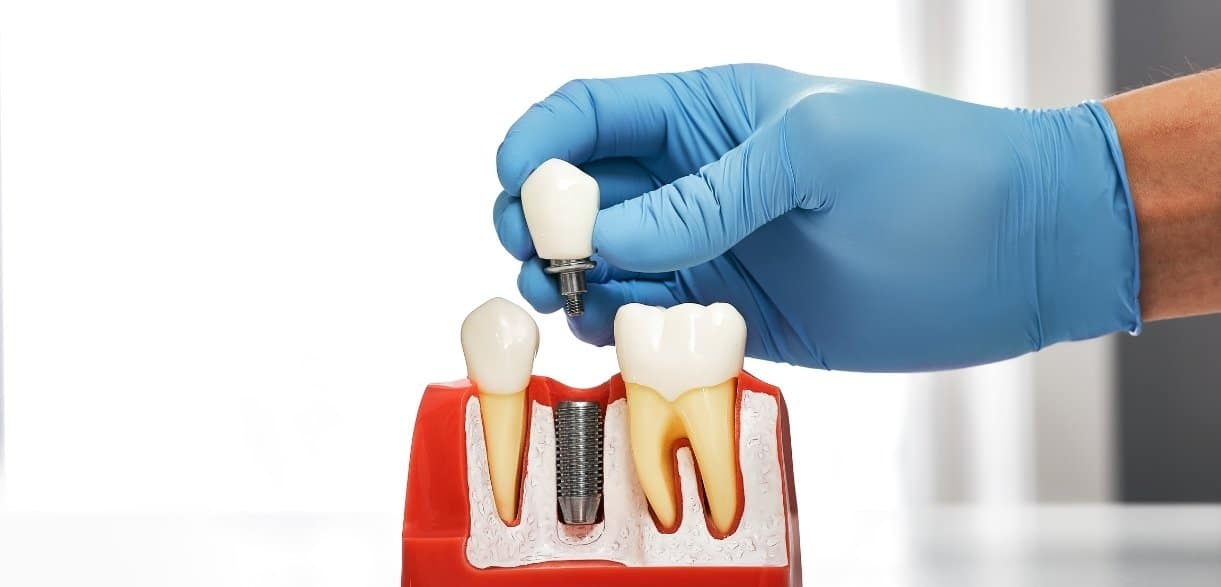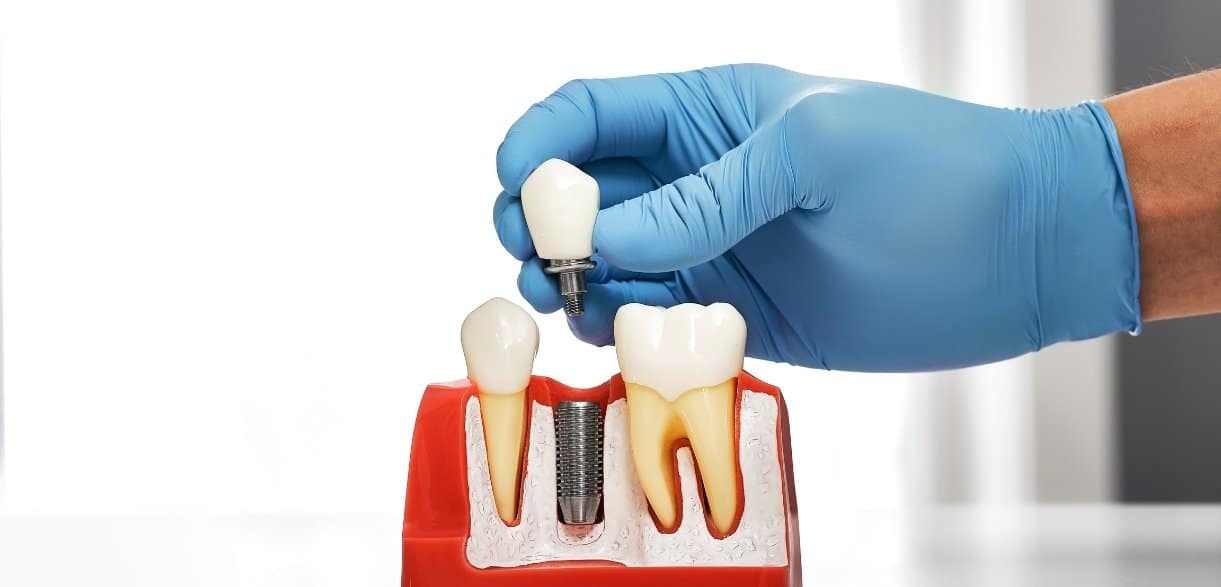
Dental implants have become a significant choice when it comes to tooth replacement. These solutions have been designed to last a lifetime. According to several studies, implants have a more than 95% long-term success rate. Although these artificial teeth have a low failure rate, over half of failures occur in smokers.
It is to be stated that implants’ long-term survival needs a continuously healthy environment for your jawbone and gum tissue surrounding the implants. If you are a smoker, you won’t get disqualified from getting these solutions. However, it can impact the short and long-term outcomes.
This guide will illustrate some ways that smoking can have a bad impact on your implants.
Impact of Smoking on Dental Implants

Smoking significantly affects implants. This is because nicotine and its byproducts narrow the blood vessels in your mouth. When your blood vessels get constricted, it will lead to:
- Obstruct the oxygen and nutrient delivery to tissue cells
- Lower the blood flow to oral tissue
- Slow the recovery process.
Your jawbone will become the foundation of your implants. When you smoke, it can weaken the foundation. With this, your jawbone won’t fuse to the implants in osseointegration. The resulting complication has the ability to affect the outcome.
The below points will show how smoking can affect the success of dental implants in Miami Gardens.
Escalates Postoperative Symptoms
After oral surgery, your body will reach, which is common and a part of recovery. The November 2020 issue of The Saudi Dental Journal published the outcomes of a study on the impacts of smoking on postoperative complications after minor oral surgery. The study has reported that during the week after oral surgery, particular symptoms and signs were higher among smokers, including:
- Infection
- Facial swelling
- Bleeding issues on the first postoperative day
- Postoperative pain
Hampers Salivary Gland Function
Smoking is capable enough to damage your salivary and affect your salivary flow rate. Disease-causing bacteria thrive in a dry mouth. The Journal of Dental Research, Dental Clinics, and Dental Prospects shows that oral conditions are remarkably higher among smokers. It can vigorously affect implant health and result in loose teeth, calculus, and gingivitis.
Postoperative Infection
According to the Academy of Osseointegration, smoking after implant surgery can delay recovery and scale up the chance of infection. It can also result in early implant failure.
Smoking is capable of escalating the risk of infection, as nicotine narrows the blood vessels in your mouth and minimizes the blood flow. The deficiency in blood flow affects your immune system. Moreover, it can prevent white blood cells from fighting off bacteria and infection.
Increases Peri-implantitis Risks
Peri-implantitis is an inflammatory disease. It can vigorously affect the bone and gum tissue around implants. The American Academy of Periodontology confirms that smoking is a top contributing factor when it comes to developing peri-implant disease.
The progression takes place in stages:
- A build-up of bacteria can form around the implant base.
- The bacteria make gum tissue irritated and inflamed.
- If you leave them untreated, the damaged gum tissue will break down and destroy bone tissue.
Professional dentists will highly recommend you quit smoking if you want implants or at least till your recovery phase. You can join a support group or use nicotine replacement therapy to quit smoking.
If you are a smoker and still want an implant surgery, talk to our dentists. Our dentists will provide you with guidance to recover faster after the implant surgery.



